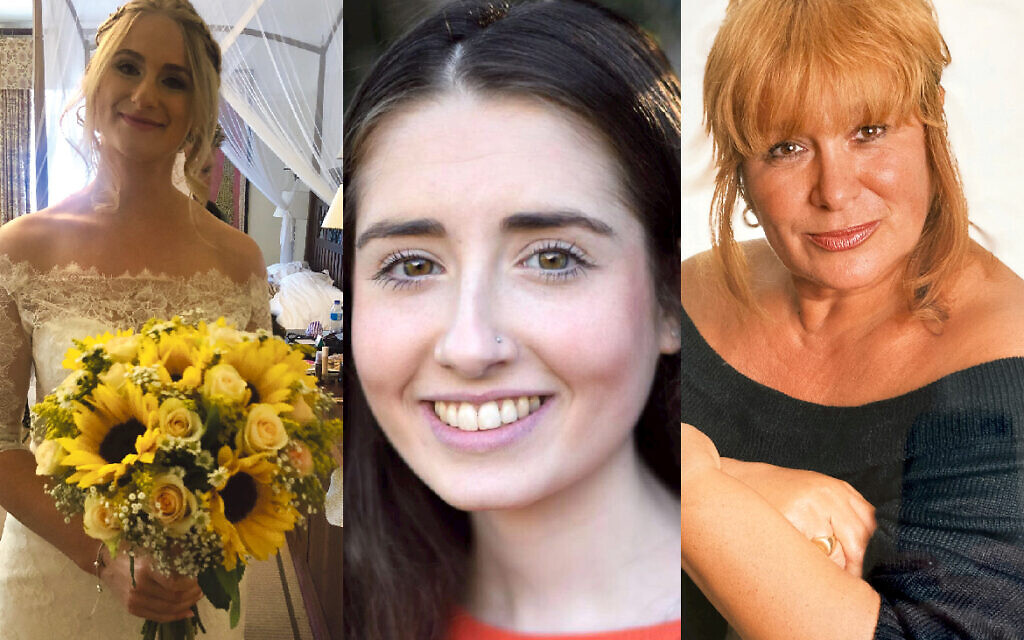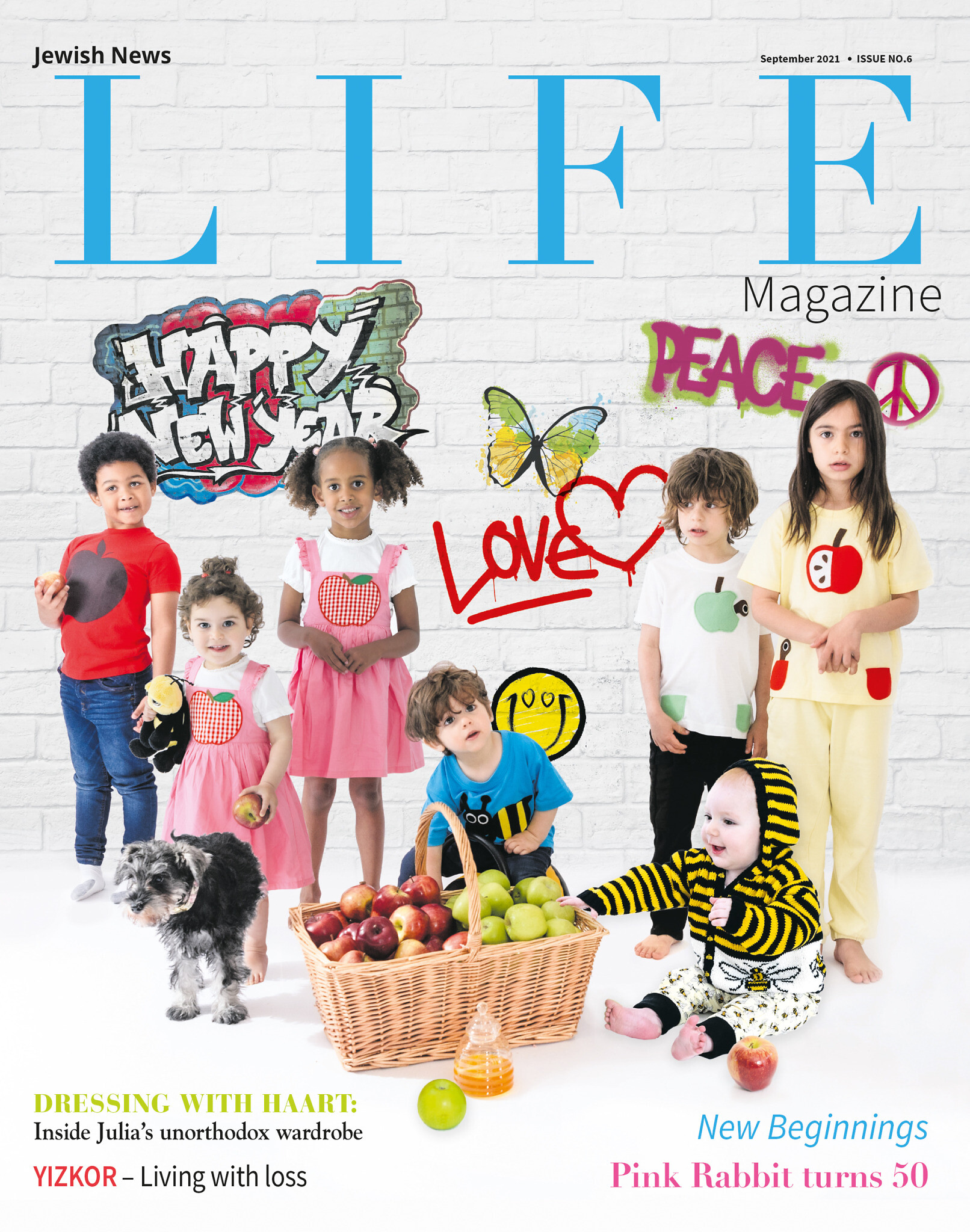A matter of life and death
Remembering the departed is an intrinsic part of Yom Kippur. Brigit Grant, Abbie Mitchell and Lauren Rosenberg share their experiences of loss, mourning and Yizkor
One singular sensation
The landline doesn’t ring in our house any more. Apart from nuisance cold callers, the phone is silent and frozen in time. A time when at 5pm on weekdays my mother rang to check in, as she also did most mornings, apologising for waking me.
Averse to mobiles – her own was a model of simplicity – she always called my home number, but the phone is now just a symbol of her absence because she died on 9 June. Lost. Insentient. Broken.
Get The Jewish News Daily Edition by email and never miss our top stories Free Sign Up
This is how I feel since she passed – a fact I’ve yet to accept, as I’m waiting for her wake-up call.
For her questions about my day.
For her spontaneous visits to drop in soup or world-class lasagne.
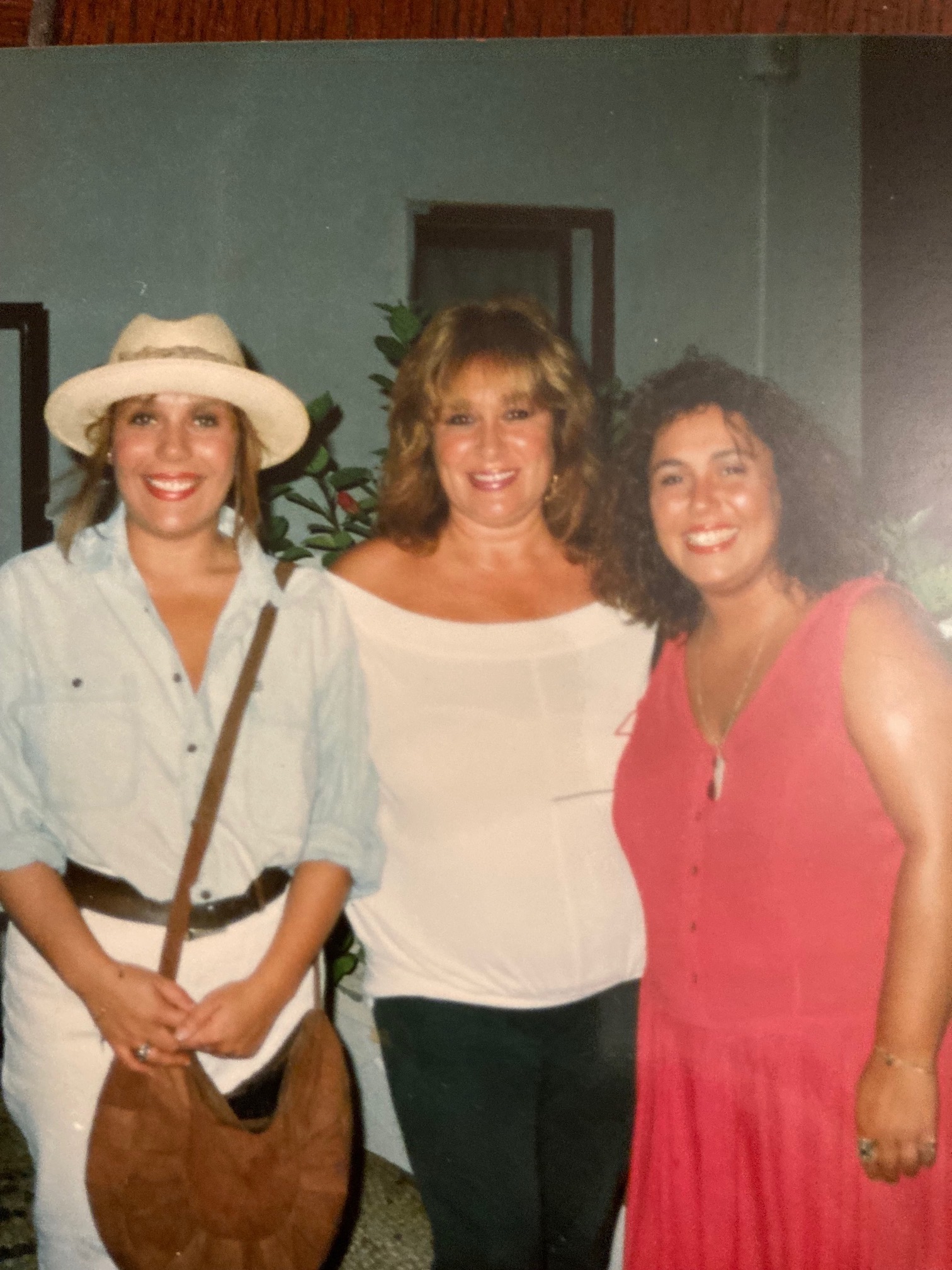
To check the dogs’ water bowls were full.
Yes, she was the kind of woman who majored in motherhood, but was also a best friend.
When my father drowned in Israel on 6 October 1989, Yom Kippur fell two days later. With my mother and sister still in the Holy Land, the holiest day of the year became an anomaly and my sobbing drowned out Shacharit at my uncle’s synagogue in Chingford. He thought it would help to go, but it didn’t as the words ‘G’mar Chatimah Tovah’ were hollow. The Book of Life had closed for my father.
Culturally Jewish and respectful of High Holy Days, my father never missed Yizkor for his own dad, while for us, as children, the mystery 20 minutes was an escape route to join friends outside and, after years of saying Kaddish for my father, I still long to be outside.
But then my mother was always beside me, poised to hear his name.
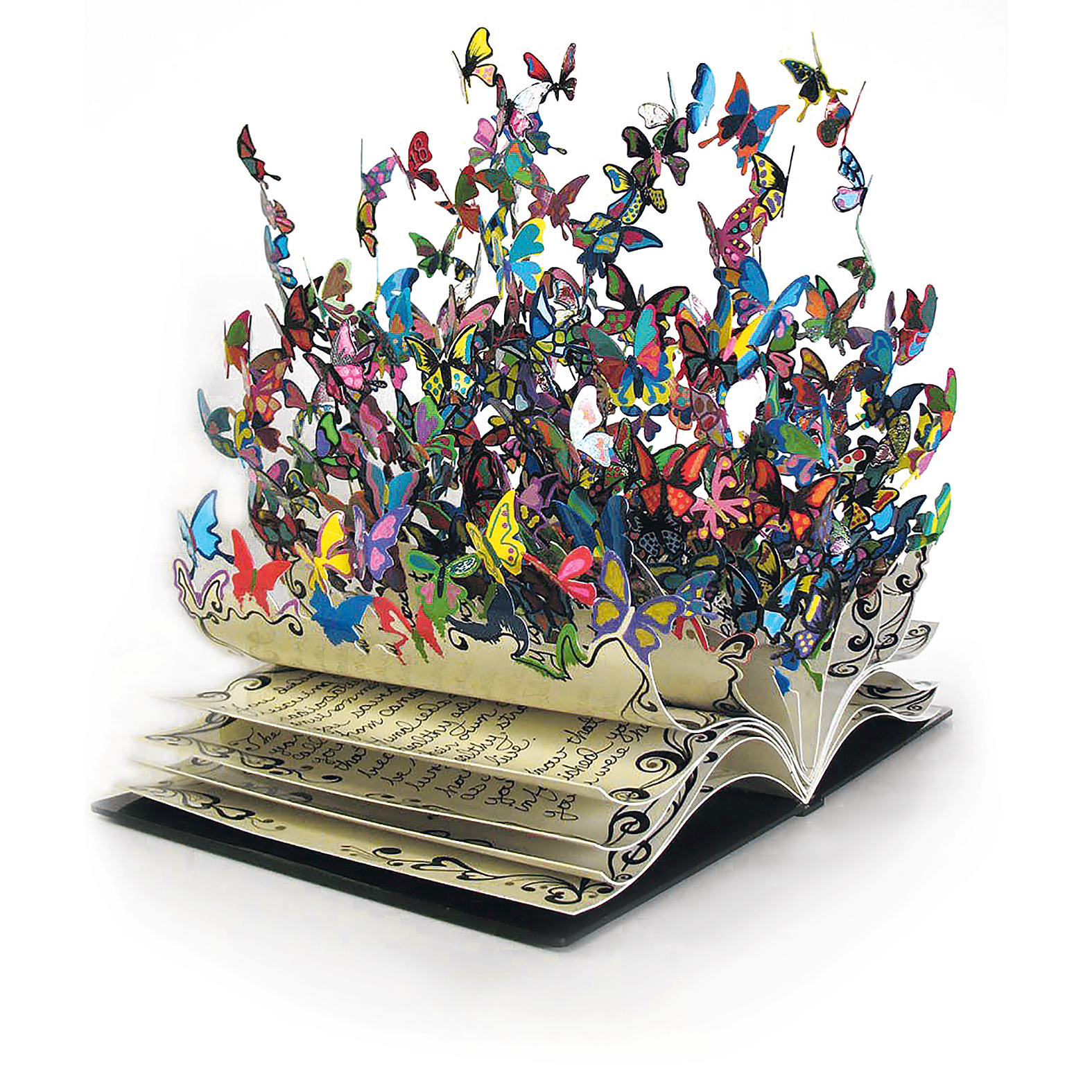
Knowing both their names will be said this Yom Kippur has turned out the light inside me and the dual flames of the Yahrzeit candles will illuminate the grief. The last time the names Carole and Geoffrey were coupled in a service was when they married on 18 March 1962 at Dennington Park Road Synagogue.
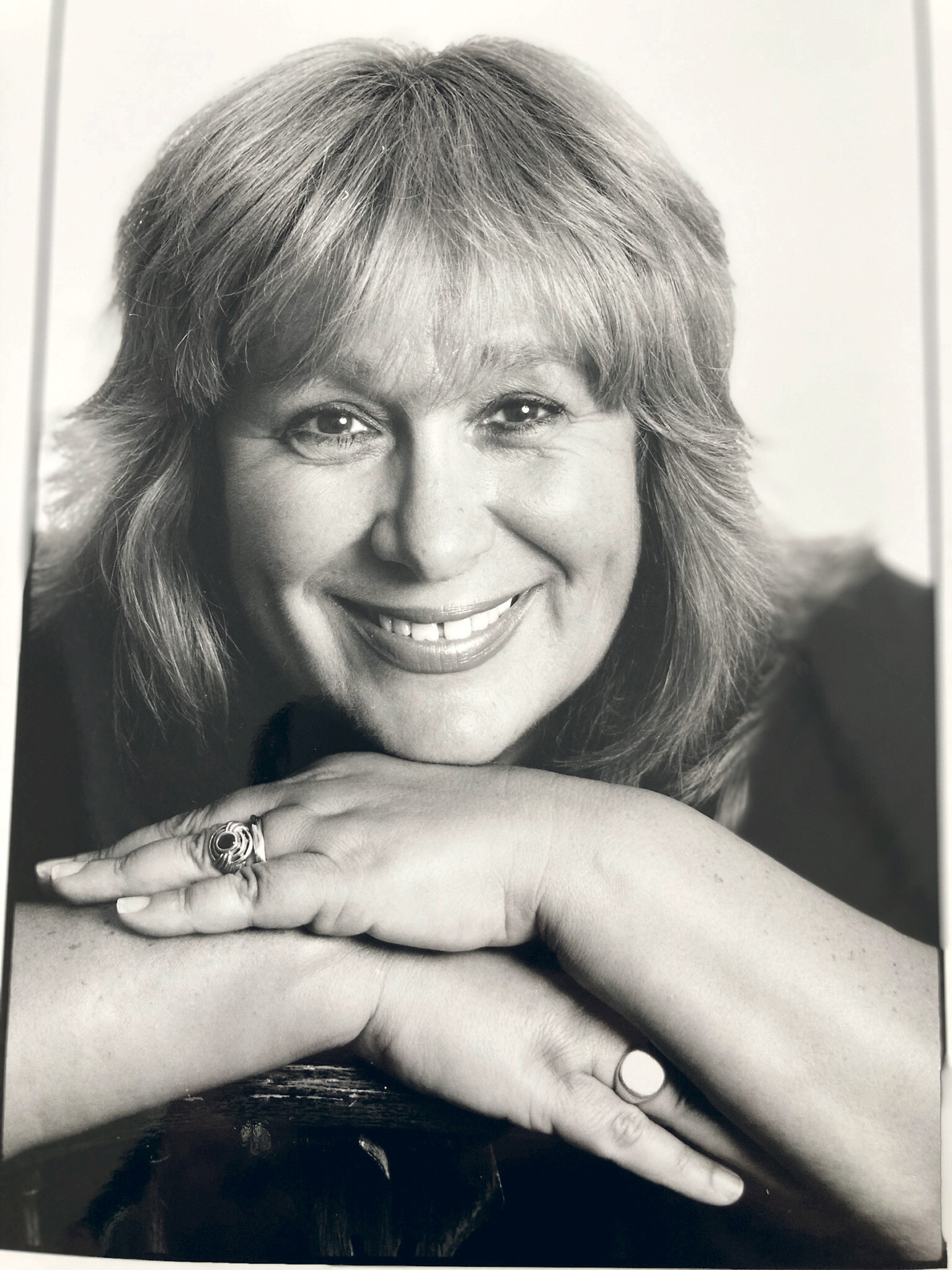
He was 23 from Stamford Hill and pretended to be a marine biologist when they met, while she was a 19-year-old trendsetter who caused a stir in her short bridal gown. Their wedding album was one of many albums to view at the shiva, which was held in the tent originally intended for my daughter’s batmitzvah that was cancelled by Covid.
Booked for a celebration, it became a marquee draped in misery for five
nights of eulogies although, in honour of my mother, the ultimate hostess,
there was food, flowers and show tunes. Even Rabbi Mark Goldsmith
of Edgware & Hendon Reform Synagogue adapted a prayer to her beloved Marvin Hamlisch’s One Singular Sensation, which is what she will always be.
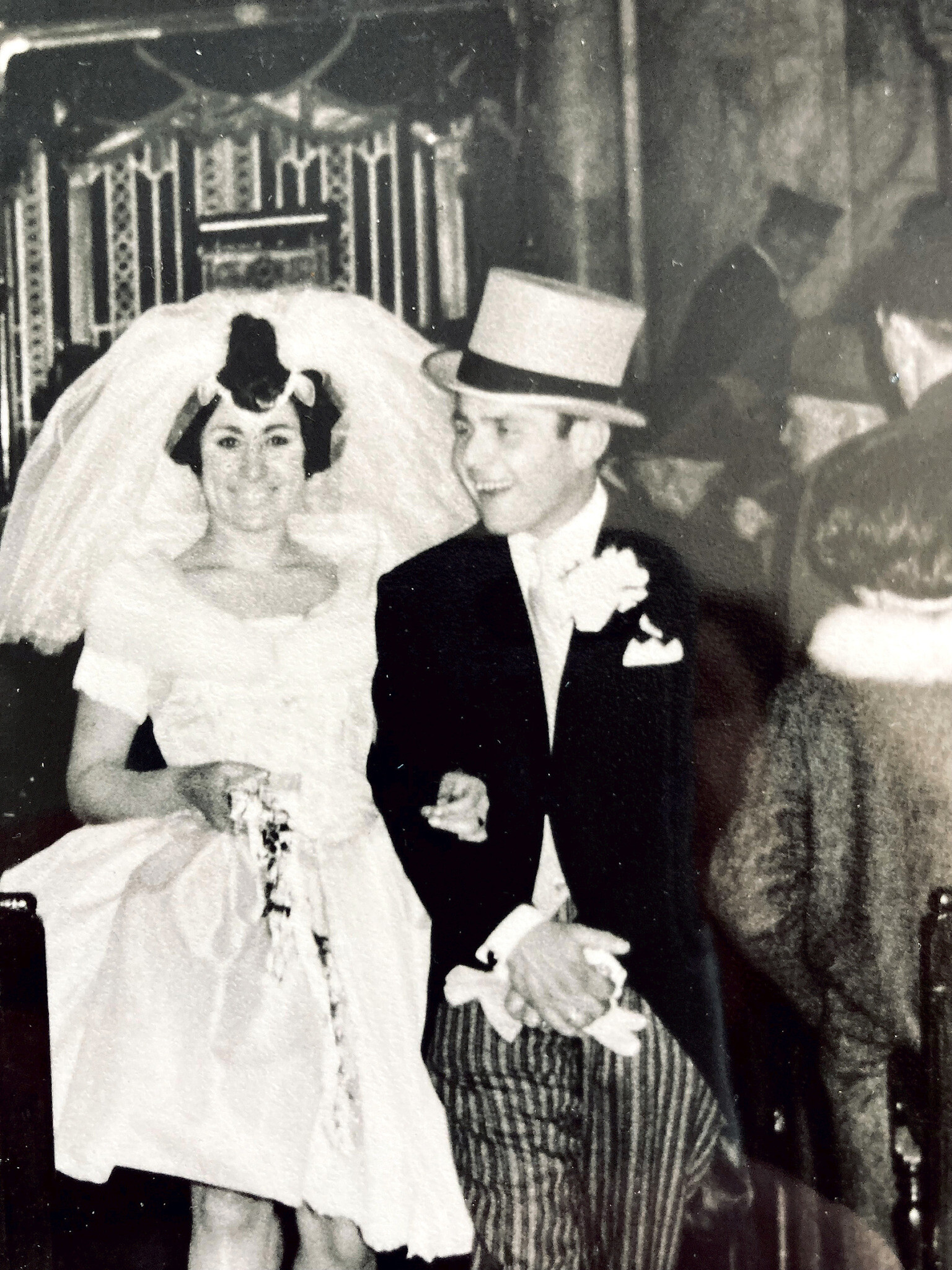
No one is at ease around death and my mother knew my terror too well. Bleak and without blooms, the starkness of a levaya is torturous and I call for a change in the unforgivingness of Jewish burial rituals. Dispense with the speed to get things done and allow the bereaved sufficient time to hone worthy tributes.
Through loss, one gets to see the best and worst of people, but the ‘too busy to care’ are shamed by a supportive and compassionate core of family, friends and for us the EHRS rabbis and Ari Cohen at West End Great Synagogue.
That others understand won’t make Yom Kippur easier as Yizkor brings tears. But so do the shoes my mother bought me, The Sound of Music, a mention of Strictly Come Dancing and the ring on my finger that my father was wearing when he drowned that my mother then never took off. I’ve never wanted a piece of jewellery less. Mum’s Tupperware is washed and ready to return. I’m just praying for her to collect it. Or for the landline to ring.
Chai Cancer rescue
Caring is what we do best as a community and a remarkable example of this is the work done by Chai Cancer Care.
Writing about what it does is very different to experiencing it first-hand, as only then does one see the commitment to supporting patients and their families.
The speed of my mother’s death did not allow for her to visit Chai, but the charity has since offered regular counselling and provided a music therapist for my daughter, who finds solace in song.
Finding the right counsellor is what Chai strives for, and the willingness to just chat with an individual in moments of extreme sorrow is the greatest gift it could give.
‘My mum lit up a room’
Abbie Mitchell was 14 when her mother, Shelley, took her own life. Shelley had suffered with depression and, unbeknown to Abbie, had made previous attempts on her life. Abbie, now 31, has herself experienced mental health issues and is an activist and peer mentoring manager for a youth charity as well as running her own consultancy in the charity sector.
“When my mum took her own life, it was one of the biggest things that’s ever happened to me. We had been very close, and my own mental health took a turn. I got into the world of mental health, grief and suicide awareness. It’s why I do what I do now, raising awareness so we can help more people.
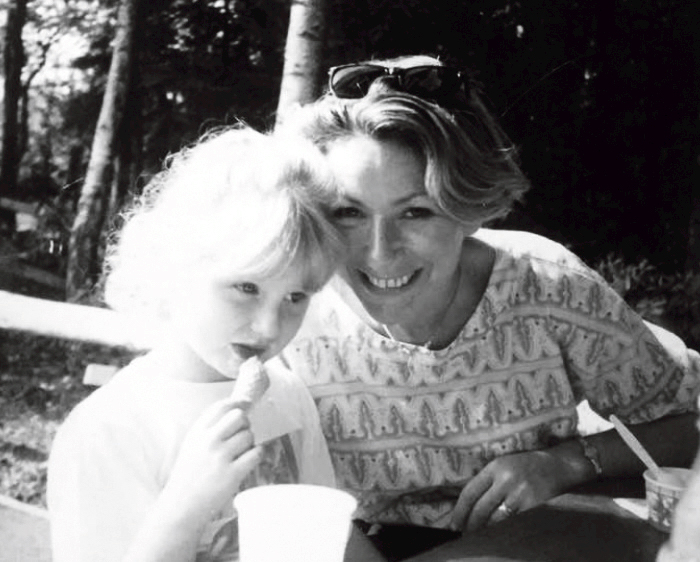
“My mum suffered with depression throughout her life, from when she was fairly young, but the thing with suicide is there’s no closure. You can spend a long time trying to work out what the reason was, but there’s no answer. She had a lot of unhappiness, but also had a lot of joy. She was a lovely, bubbly, outgoing woman who loved music and dancing. She lit up a room – that’s what people would say about her. I’ve never quite felt love like that.
“I remember her as a really happy, lovely person and a really great mum. She had been a beautician but became a mother full-time when all of us were young. You wouldn’t really put her in the bracket of struggling – and that’s the thing about mental health, you can’t always tell by looking at someone.
“I’m not religious and I don’t go to synagogue, but I do light a candle for Yizkor, on her birthday and for her Yahrzeit, the anniversary of her death. It’s symbolic and a way of thinking about her a little bit more on those days – just having her in the room through the light of the candle and remembering the light that she was in our lives.
“The thing with grief is that it can hit at any time – it’s not always just in the immediate aftermath. And it could be that some days, such as anniversaries, birthdays or big life events will sting more than others, and the person will be missing even more. And by lighting a candle, it feels warm, like you’re connecting a bit more with that person on those days. I have some of my mum’s clothes and that also connects me. If I feel I want to be particularly close to her for that day, I will wear something of hers.
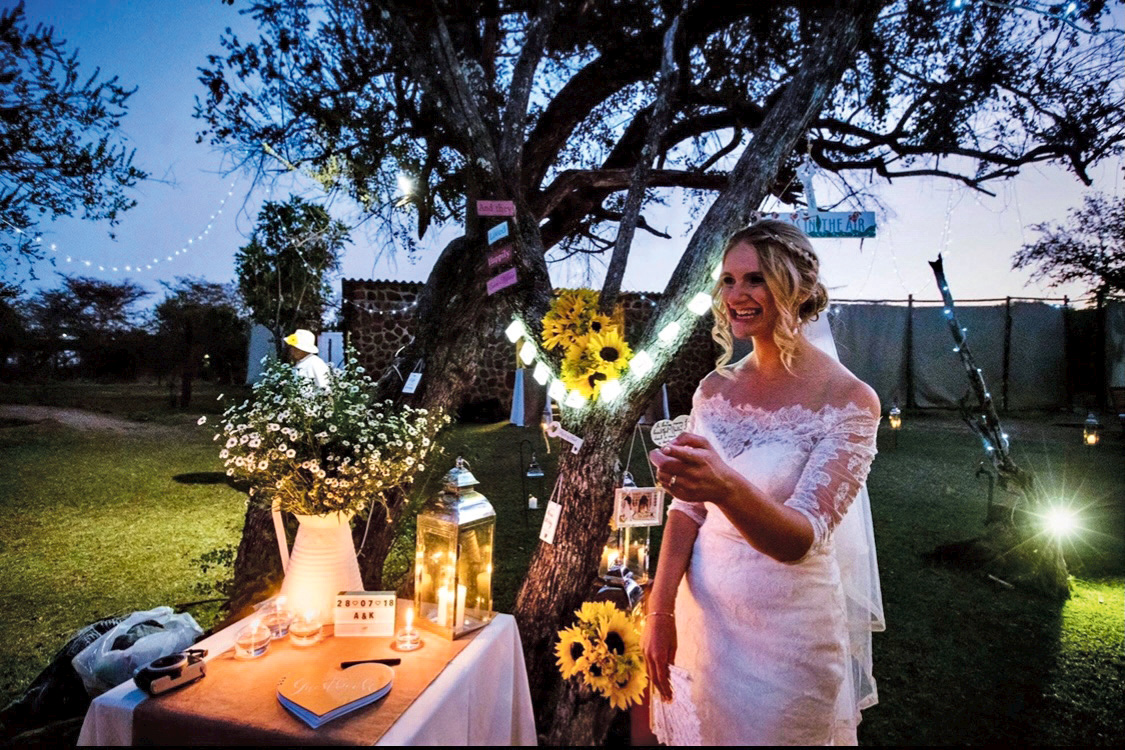
“To me, those days do hold importance. Everyone who grieves is different – some might want to forget about it or want distraction. But for me, I tend to feel them. I think it’s part of my grief journey and remembering my mum.
“Many years, the days leading up to her anniversary I find quite difficult. It’s a very sad day, with what happened and how my life turned upside-down. There are significant days, such as Suicide Prevention Day, on 10 September, which is really important for raising awareness, but depending on how the media is reporting, it can be quite challenging sometimes. It’s good that people are talking about suicide, but for me, it’s not just one day – it’s forever that we should pay attention to people’s mental health and struggle.
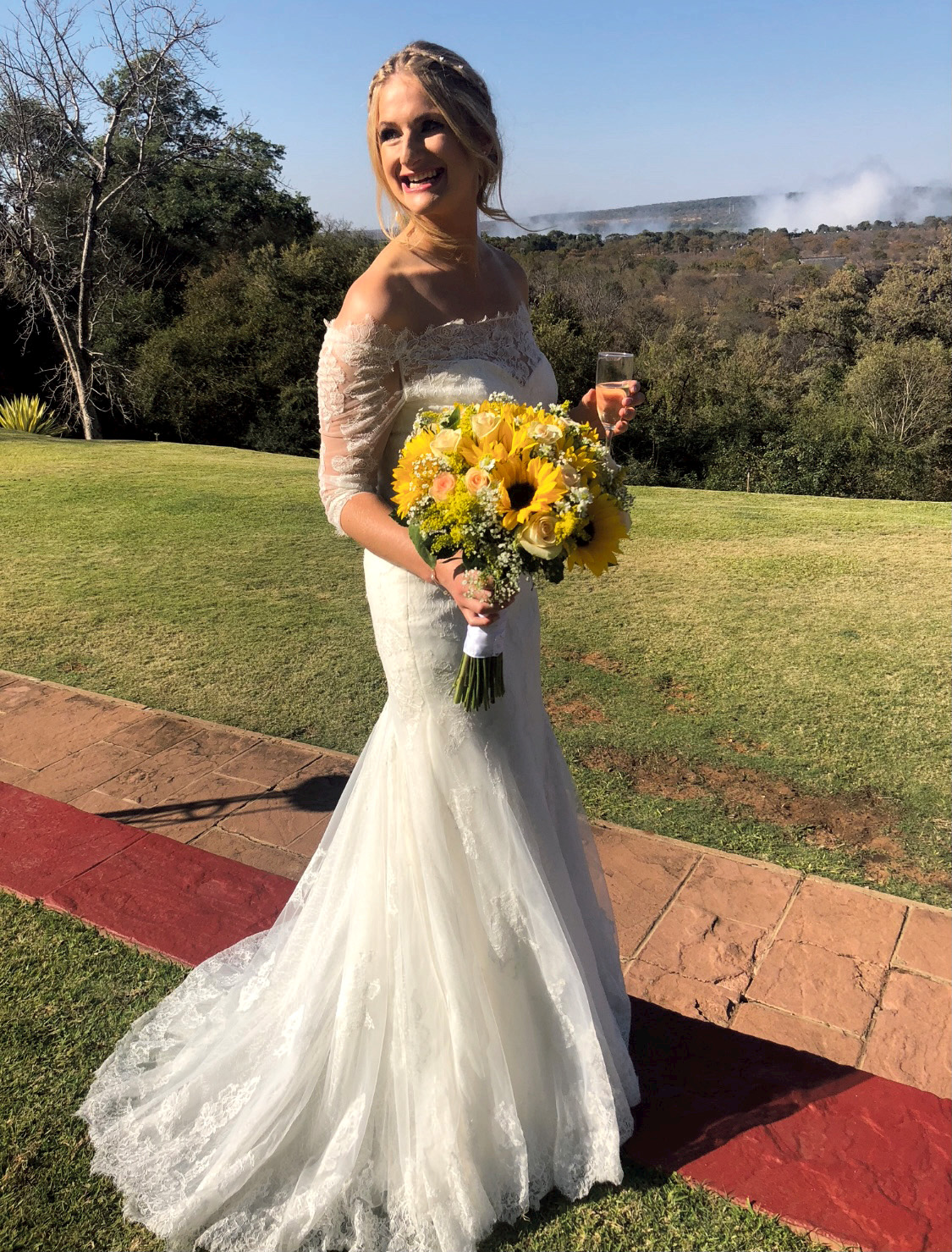
“I definitely felt the loss when I got married and when I had a baby. My mother’s favourite flower was the sunflower so when I got married, I filled my wedding with sunflowers – they were everywhere – and I had pictures of her too. And I’m going to do something now for my son, possibly also something with sunflowers, to bring her into his life somehow. I’m quite passionate about that.
“I run peer support groups and get people talking about grief; we’re going to be having these conversations because loss is a part of life and it shouldn’t be a topic that is taboo. Death is huge, but there can be some profound things that come out of it – it doesn’t always have to be all doom and gloom. And as much as I might experience sadness or triggering times, those days are also a chance for reflection, for remembering memories
and a chance to talk about where I’m at with my grief.”
‘I’m so grateful I had my daughter’
Lauren Rosenberg’s daughter, Liora, died suddenly in April 2016, aged 20. The former JFS pupil, who grew up with four sisters, worked as a holistic therapist, an artist and teaching assistant. She enjoyed helping others and was known as having a very positive spirit. She spent 12 days on life support after being hospitalised with a bleed on the brain and contracting pneumonia in hospital. A fundraising campaign in Liora’s name raised just under £50,000 towards a Hatzola ambulance vehicle. Lauren is a fear and phobia expert.
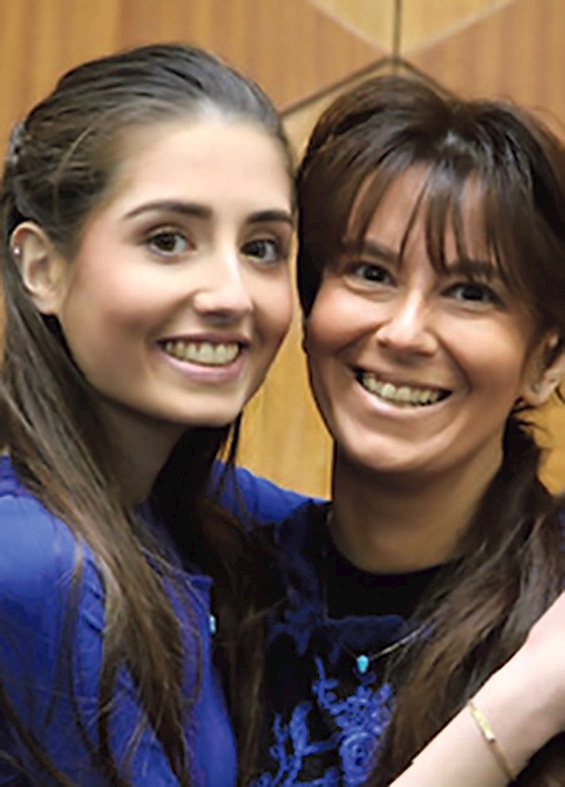
“I had gone shopping with Liora and one of her sisters to buy paint and canvas. Art was a very big part of Liora’s life and she was starting a new project. We went to Starbucks, which she loved, and she got her favourite drink but then, a few hours later, she started feeling unwell. She was rushed to hospital and the doctors did some tests and told us she had a bleed on her brain. They had to do more tests but, unfortunately, she caught pneumonia and they had to put her under sedation.
“It’s not normal to lose your child or to bury your child before your parents or grandparents – you wouldn’t wish it on anyone. But the way I see it, you don’t actually die – death is not black and white. It’s not like you lose everything; you lose what is familiar to you – the physical part – but you still have communication in a different way.
“Liora is still here, but in a different form. I can close my eyes and still feel
I can talk to her if I want – I don’t need to go to the cemetery to do that. A soul never dies; energy is still here – energy never dies.
“I believe everything happens for a reason, but we may not know the reason yet, and there’s a reason why Liora had to go at that specific time. I still say I have five daughters and I will always have five daughters – I just have one in a special place, and four in this world.
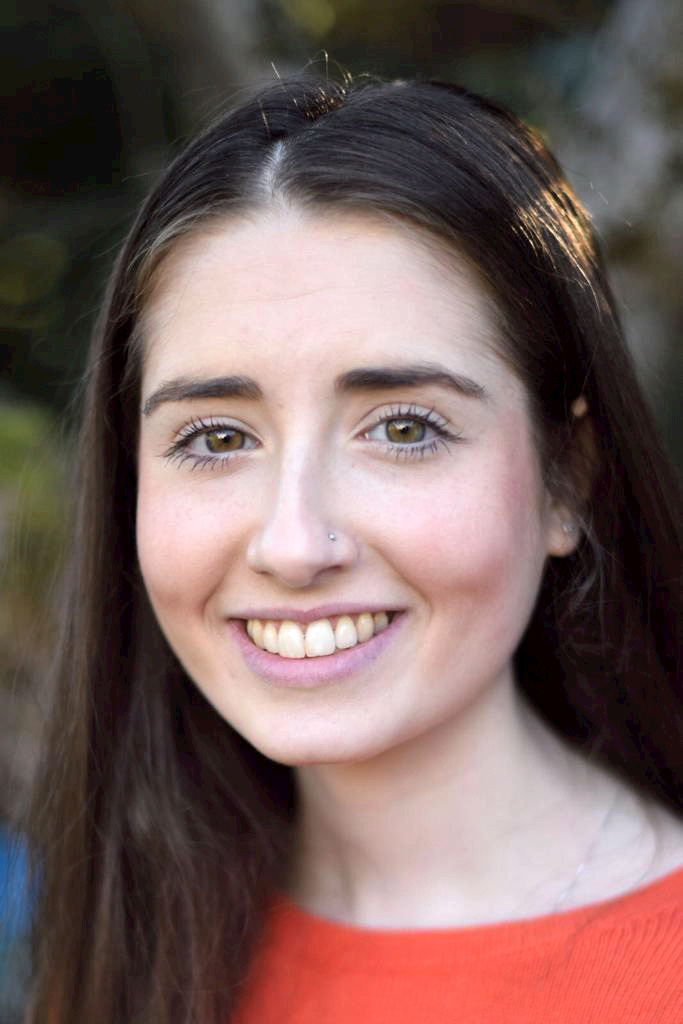
“On the Hebrew date of her Yahrzeit, we all go to the cemetery to acknowledge that it’s the day of transition, the day on which we lost her in her physical form.
“We always spend time together as a family. Some of us also want to commemorate the English date – we’ll go to Liora’s grave then, too, and take colourful stones, and we’ll talk about her. When it’s her birthday, we go to a restaurant and celebrate her life. We’ll either make a cake or blow out candles to acknowledge her because she’s still very much with us, just in a different way.
“The name ‘Liora’ means ‘light’ and she was definitely a light. I always light Friday night candles for all my children and, of course, when it’s Liora’s yahrzeit – we have to acknowledge that the body she was in is no longer here.
“You can’t deal with grief without working on yourself and seeing someone – whatever therapy works for you. People think they can bury their emotions, but they can’t because they will come out in other ways. In a Jewish life, we learn, we go to shiurim, we work on ourselves – it’s the same thing with grief, it’s about learning about yourself. And a really important part of being able to move forward is to be thankful and grateful for what we have, and not to hold onto anger and resentment and those negative emotions that are not going to help anyone.
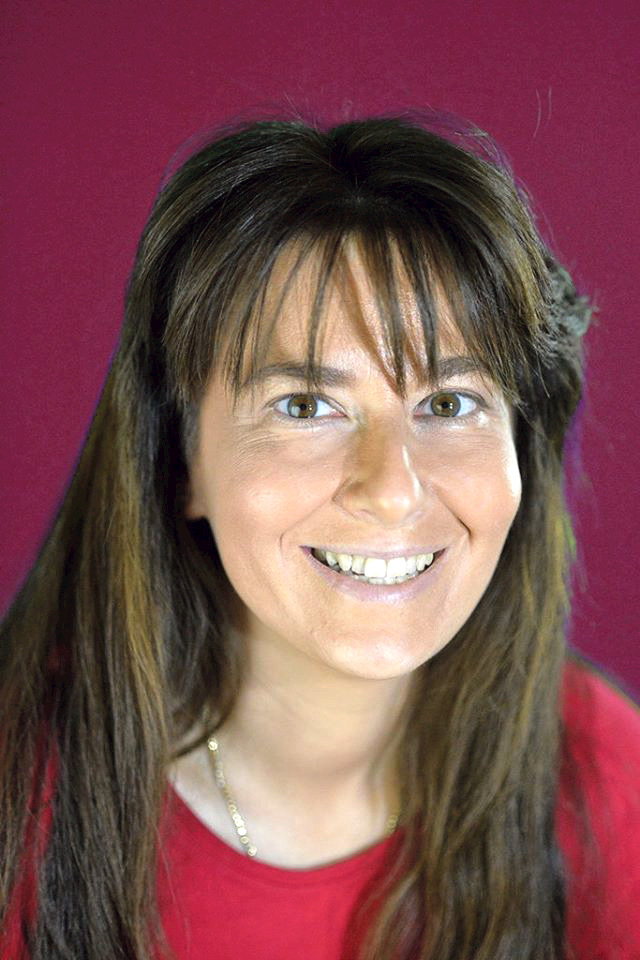
“I can honestly say I’m so grateful I had my daughter, even if it was just for 20 years, but it was a process getting to this stage. Every time something happened that was a first – for example, the first birthday without her or the first Yom Tov – was harder. People will say ‘oh you’ll get used to it’, but it’s not a question of getting used to it, it’s a question of adjusting and knowing that it is different. You don’t get over it. Time doesn’t really help because Liora is not going to come back, she’s still not going to be here in the physical sense. You just adjust and you get on with your life because you have no other choice.
“I appreciate every single day and don’t take things for granted. I appreciate dropping my child off at school, picking them up, those type of things… because I can’t do that with Liora; I can’t take her somewhere. So if I’m driving my child to school and I’m stuck in traffic, I couldn’t care less because to me it’s still a privilege that I can physically take them to school.
“All the mitzvahs we’ve been doing, including creating the ambulance that is saving life, are in memory of Liora and for her soul. Liora compiled a book to help others – 355 Positive Affirmations for Teenagers – and would coach people to follow their dreams, including staff at the Starbucks branches she would go to. She had an impact on others and still does.”
Lauren Rosenberg can be contacted via www.fear-busters.com

Thank you for helping to make Jewish News the leading source of news and opinion for the UK Jewish community. Today we're asking for your invaluable help to continue putting our community first in everything we do.
For as little as £5 a month you can help sustain the vital work we do in celebrating and standing up for Jewish life in Britain.
Jewish News holds our community together and keeps us connected. Like a synagogue, it’s where people turn to feel part of something bigger. It also proudly shows the rest of Britain the vibrancy and rich culture of modern Jewish life.
You can make a quick and easy one-off or monthly contribution of £5, £10, £20 or any other sum you’re comfortable with.
100% of your donation will help us continue celebrating our community, in all its dynamic diversity...
Engaging
Being a community platform means so much more than producing a newspaper and website. One of our proudest roles is media partnering with our invaluable charities to amplify the outstanding work they do to help us all.
Celebrating
There’s no shortage of oys in the world but Jewish News takes every opportunity to celebrate the joys too, through projects like Night of Heroes, 40 Under 40 and other compelling countdowns that make the community kvell with pride.
Pioneering
In the first collaboration between media outlets from different faiths, Jewish News worked with British Muslim TV and Church Times to produce a list of young activists leading the way on interfaith understanding.
Campaigning
Royal Mail issued a stamp honouring Holocaust hero Sir Nicholas Winton after a Jewish News campaign attracted more than 100,000 backers. Jewish Newsalso produces special editions of the paper highlighting pressing issues including mental health and Holocaust remembrance.
Easy access
In an age when news is readily accessible, Jewish News provides high-quality content free online and offline, removing any financial barriers to connecting people.
Voice of our community to wider society
The Jewish News team regularly appears on TV, radio and on the pages of the national press to comment on stories about the Jewish community. Easy access to the paper on the streets of London also means Jewish News provides an invaluable window into the community for the country at large.
We hope you agree all this is worth preserving.
-
By Brigit Grant
-
By Laurent Vaughan - Senior Associate (Bishop & Sewell Solicitors)
-
By Laurent Vaughan - Senior Associate (Bishop & Sewell Solicitors)
-
By Laurent Vaughan - Senior Associate (Bishop & Sewell Solicitors)
-
By Laurent Vaughan - Senior Associate (Bishop & Sewell Solicitors)


